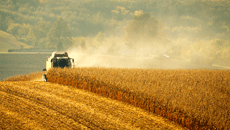
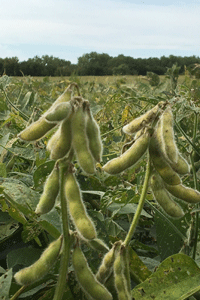
It is with disappointment that we take note of the SAFEX decision to introduce a differential on soybeans from March 2021. This follows after many discussions, research plans and motivations proving the contrary, between Grain SA and the JSE regarding differentials. As Grain South Africa, we will continue to participate in the conversation and procedures in every effort, to improve the system.
Research underway at Universities will contribute immensely and underpin our continued participation. The letter received from SAFEX undertakes to pay attention to the ongoing research results as it becomes available. However, Grain SA is concerned about the potential impact on local soy production as a result of the decision to implement a location differential on soybeans.
The communication from JSE can be accessed here.
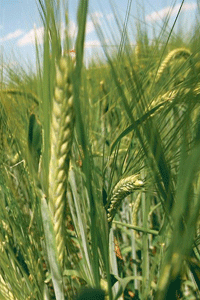
Grain SA was in talks with ABInbev this morning, 24 April. ABInbev has confirmed that they are in consulting with the Department of Trade and Industry to obtain confirmation of exactly which business activities will be allowed from 1 May 2020 and which ones will not be. Only after this, will the decision be made to determine which plants will go into production against what capacity. At present, all indications are that ABInbev will continue with the full barley mandate of 475 000 tonnes. Should any changes occur, Grain SA will notify its producers as soon as possible.
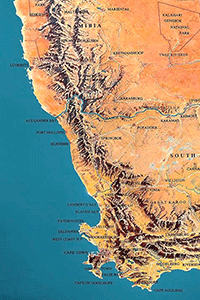
Summer Grain Crops in the western parts of the country is generally looking beautiful and good yields are expected, while crops in the eastern parts of the country range from very poor to very good. Producers are currently harvesting soybeans while the sunflower harvesting process can start in full steam during the next few weeks. Winter Crop producers have started with canola and barley plantings but rain is awaited before plantings will proceed in earnest.
View the full agricultural production conditions as of 21 January 2020 here
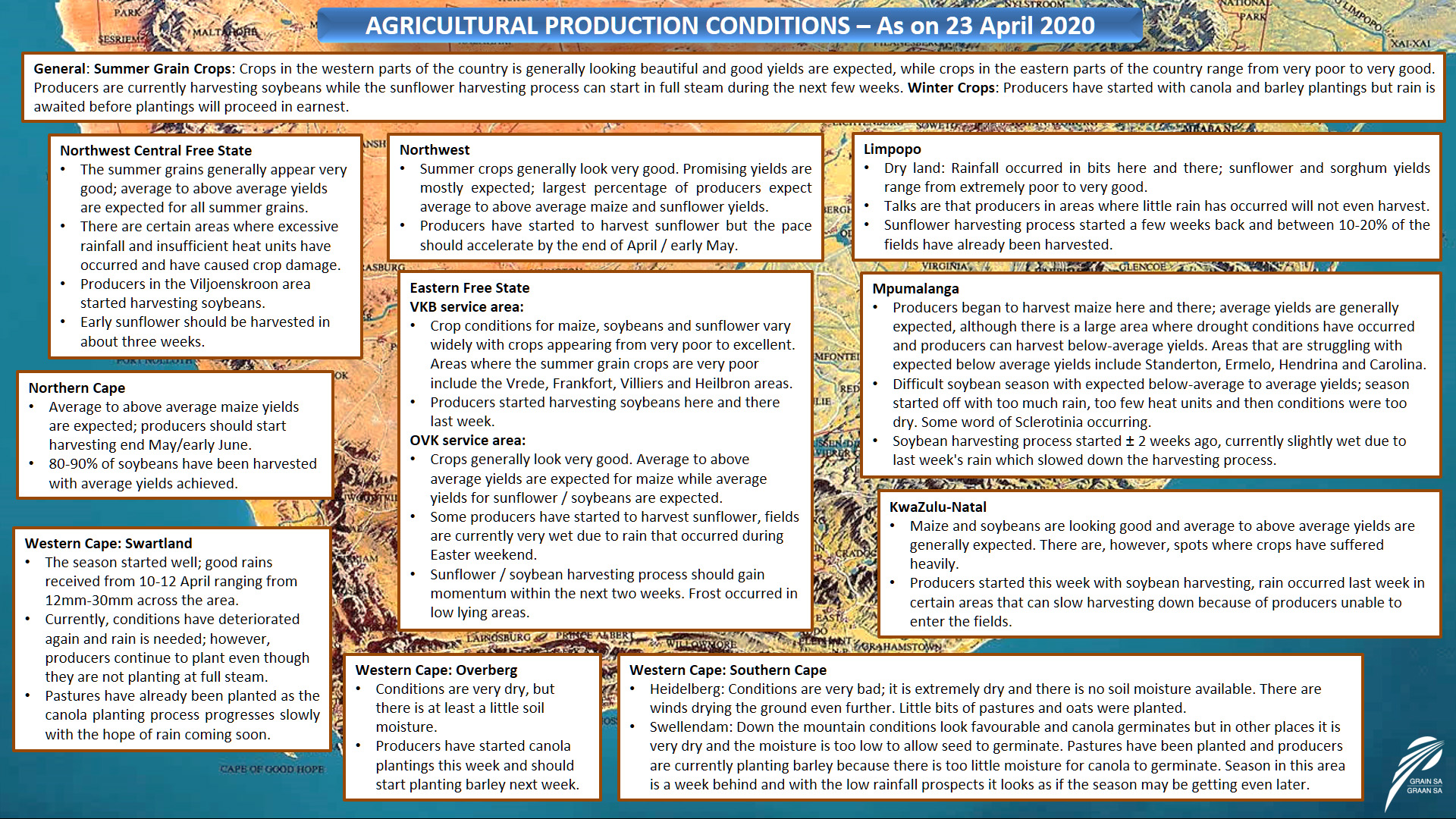
Click on the image above for a complete update

Grain SA acts in the interest of the economic prosperity of the grain producers in South Africa, and is the voice of these grain producers to address industry issues. One of the many issues that Grain SA is addressing in the industry is to keep the diesel rebate system as advantageous as possible for grain producers.
To put the Grain SA levy in perspective, view the video below to find out what it really cost our members?
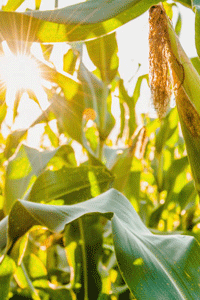
Grain SA recently launched Grow for Gold, a national yield competition where grain producers will be able to compete in various categories, including dry and irrigated land. Producers will be further able to compete regionally through their respective seed companies or directly via Grain SA. Innovative production practices and smart farming plans will be encouraged to achieve the highest yields per hectare, regardless of the cultivar planted. The competition is the only one of its kind hosted by Grain SA and will include the production of maize, wheat, sunflower and soybeans.
A competition such as this provides an opportunity to test the extremes of seed genetics and technology, but above all gives producers the opportunity to learn from each other about exactly what is possible. Of course, the highest yield is not always the optimal level of profitability, but it provides opportunities to see where the boundaries lie and what can be achieved.
The national Yield Competition further provides seed companies the opportunity to establish their own competitions, thus supporting the rural environment. There are already many existing projects that support schools, churches and non-profit organizations. The new national competition gives everyone the opportunity to showcase their own initiatives, but also to be part of the national competition. The format allows individual producers to enter and also offers seed companies the option to enter three of their best yields in each category.
In consultation with seed companies, Gaan SA has drawn up a standard protocol in support of a national competition format, to ensure transparency and standard practices and thus ensure comparisons can be made.
Visit the Grow for Gold website for all the information and registration details.
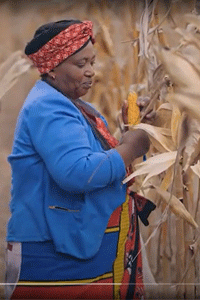 the
theGrain SA partnered with the Department of Science and Innovation to do nixtamalisation (alkaline processing) training with women in the deep rural areas. This training involves increasing the nutritional value of maize meal in addition to expanding the different types of human consumption of maize to their families.
Nixtamalization is a process in which maize is soaked in an alkaline solution, resulting in a dramatic increase in the bioaccessibility of the niacin in the grain. Remarkable physico-chemical changes occur in the maize during nixtamalization (resulting from heat treatment, lime addition and the steeping and grinding processes) which remarkably improve the nutritional quality of the maize. To date 4 680 farmers have been trained through the Grain SA development programme, with the methodology originating from the southern Americas.
We invite you to have a look at the short insert below.
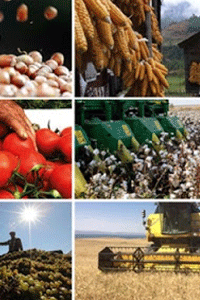
With the COVID-19 pandemic upon us, the world is facing a global health crisis, part of the implications are deep economic, and social impacts felt across the world. About 33 of the 54 countries on the African continent are currently under lockdown, this together with plenty others across the world. Agriculture, which is considered an essential service, is impacted negatively as farmers struggle to access inputs and reach markets in their local countries while moving produce cross border is an even bigger hassle due to logistical bottlenecks. With these challenges facing the agricultural sector, it has become increasingly important to prioritise the development of vigorous food supply chains, drive technology adoption, and promote value chain integration as well as market access to create a resilient and sustainable food system across the continent and around the globe.
On 21 April 2020, the African Agri Council hosted a webinar titled: Managing the Agri-Food Sector in Unprecedented Times to keep partners and their network engaged and informed with accurate data and expert analysis during these increasingly uncertain times. This 2-hour interactive event will discuss key challenges faced by the Agri-Food sector across the continent in these uncertain times, with a focus on crisis management as well as the longer-term effects of COVID-19 pandemic on the sector. The event included a plenary, three parallel sessions, and 30 minutes of networking, where we meet fellow participants through the online platform.
The event addressed questions such as:
Speakers and panellists:
Take-home messages
It was acknowledged that the COVID-19 pandemic adds a new layer of hardship to the already existing challenges in African agriculture like natural disasters, plagues, diseases, government inefficiencies, coupled with the fact that Africa is a net importer of food. We are currently faced with price drops for farmers and lack of access to local and international markets, price increases for consumers due to panic buying, inefficient supply chains and logistics. The question of investment in agriculture is quite critical as it will determine if there are enough resources and the confidence to plant again next year. We also have this looming issue of health of the farmers and their workers. All this could lead to a shortage of food and food vulnerability, which impinges on food security.
To mitigate all these risks and challenges, the consensus is that farmers need support to continue producing during these hard times; this will help mitigate the impact on food systems. There is a need for financial support to maintain liquidity as well as a need to adopt technology to enhance supply chains and to access more opportunities. The need for multi-stakeholder collaborations is very critical to maintaining food systems. We can absorb shocks through cross border coordination because when markets are functional farmers are willing to produce. We need solidarity between continents, between African countries and within a countries’ private and public sector in order to fight this pandemic.
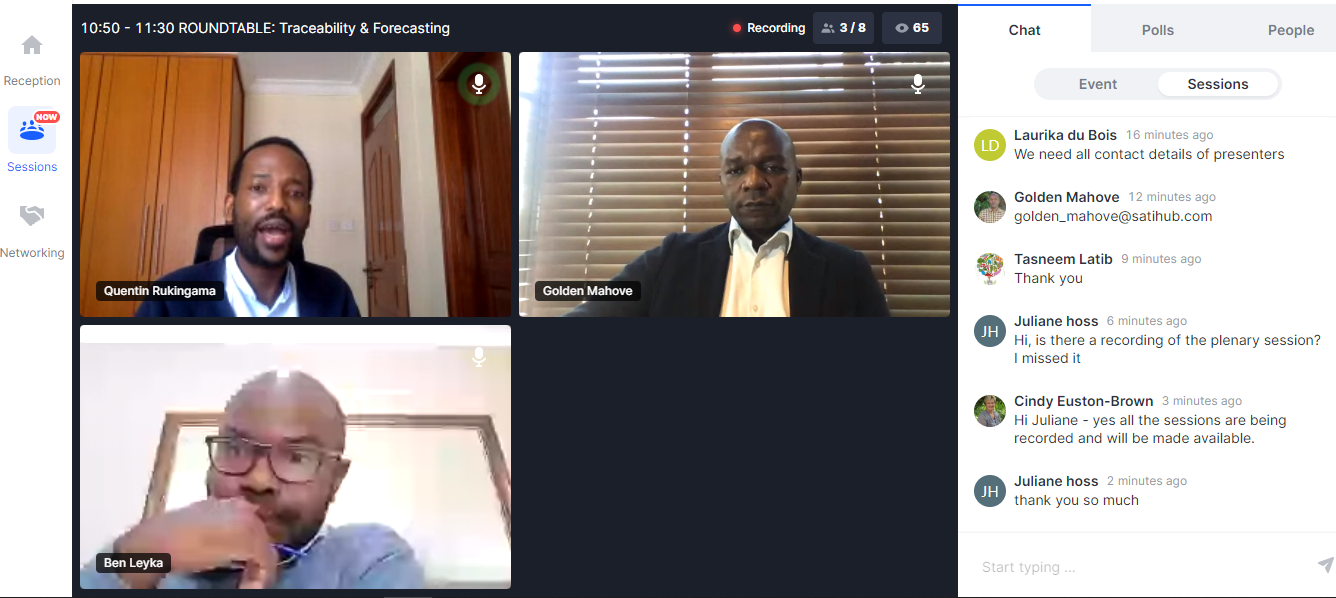
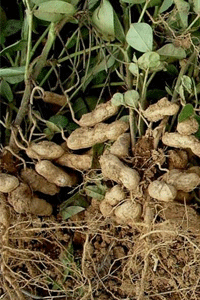 the
theRecently various queries have been received regarding groundnut market information. Watch the short explanation video below on the international an local environment for ground nuts.
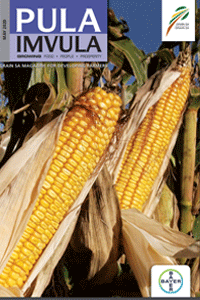 the
theThe latest issues of the 2020 May edition of Pula Imvula, Grain SA's magazine for emerging farmers, has just been loaded on the website. Be sur to read any of the editions for the latest news and articles. Simply click on one of the links below.
| Pula Imvula English | Pula Imvula Sesotho | Pula Imvula Tswana | Pula Imvula Xhosa | Pula Imvula Zulu |
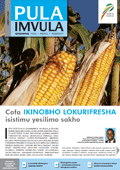 |

In dealing with the new normal of the lockdown and social distancing, technology has given us the best platform to come together while remaining physically apart, keeping the conversations going and coming up with workable solutions for the sector. On 16 April 2020, Food for Mzansi together with Grobank brought together top speakers to make sense of South Africa’s new reality – empowering farmers and agripreneurs for South African agriculture beyond COVID-19. The webinar theme titled “We shall overcome: South African agriculture beyond COVID-19”, was attended by over 1000 attendees from various spheres of agriculture.
Speakers
Take home message
The general tone among speakers was realistic, but yet optimistic. It is clear that farmers have to deal with the new normal and everyone came up with solid ideas on the way forward for farmers, this included sustainable production, traceability, catering for local needs as well as keeping themselves and their workers safe. They also touched on bigger policy issues like land reform, the need for financial intervention to ensure liquidity, the need for collaborative action to transform food value chains and economic reforms of a reimagined agricultural sector with minimum job losses and upskilled farmers and workers, with a strong focus on food security at the household level. Technology adoption creates a great opportunity during this disruption for farmers to build digital strategies that will allow them to do business online.
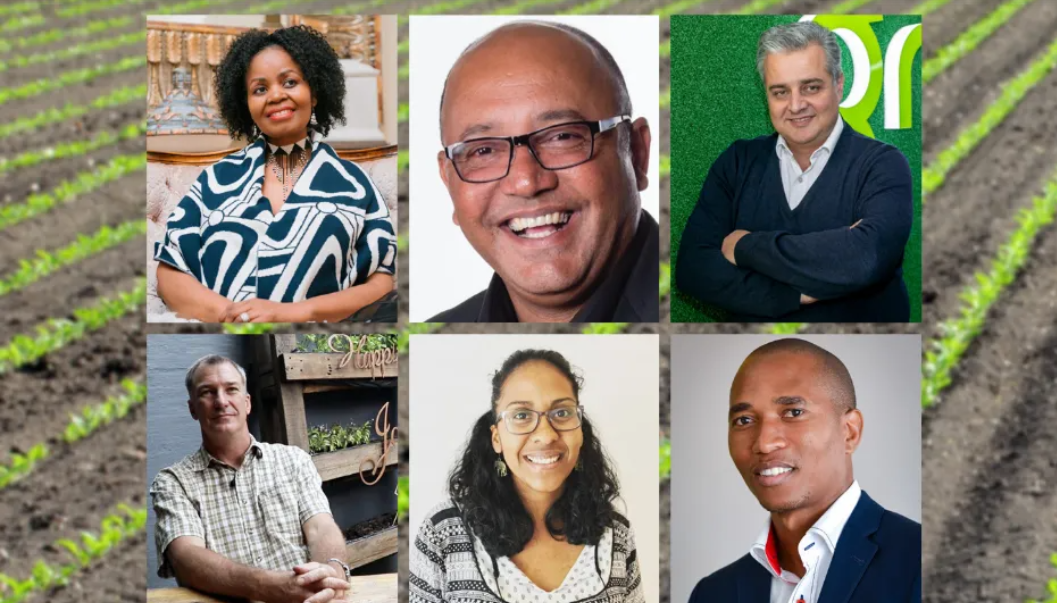

South Africa is four weeks in to it's national lockdown against COVID-19, and we remain thankful that we live in a country that is food secure as a result of the dedicated farmers and farm workers, transport companies, food processors and retailers who are all part of this value chain, making it happen, day by day.
As a tribute to South Africa’s farmers, farm workers and the entire value chain, we invite you to get involved with #PayFoodForward Grain SA, once again give thanks to our farmers - as Thomas Jefferson said, "Agriculture is our wisest pursuit, because it will in the end contribute most to real wealth, good morals & happiness."
To our farmers and farm workers, we thank you for continuing to provide for us during the lock down. We salute you 🙏 by sharing this short video to #payfoodforward because #farmersfeedlife

Grain SA created a COVID-19 portal on it's webpage for it's members. All the latest news, documents, regulations and relevant articles pertaining to the COVID-19 pandemic and grain production can be accessed on one page. Use the link below or on the website click on the COVID-19 Update button under latest news.
The following documents have been recently added and can be accessed through the COVID-19 Document Library:
Be sure to keep an eye on the official Grain SA communication channels via the Grain SA electronic membership card, website, e-mail, social media and the channel created on Telegram. Relevant information, updates and releases pertaining to the COVID-19 pandemic in South Africa, impacting on Grain SA members will be published as and when it becomes available.